
Midnight cravings hit hard, and for a lot of people, they hit often.
Approximately one in five adults snacks late at night, typically starting around 9 p.m. Some call it a habit. Others call it comfort. Either way, that urge to eat after hours feels real. It doesn’t always come from hunger. Sometimes it shows up out of nowhere. So, where is it coming from? And why does it always seem to show up at night?
Why Do You Have Cravings at Night?
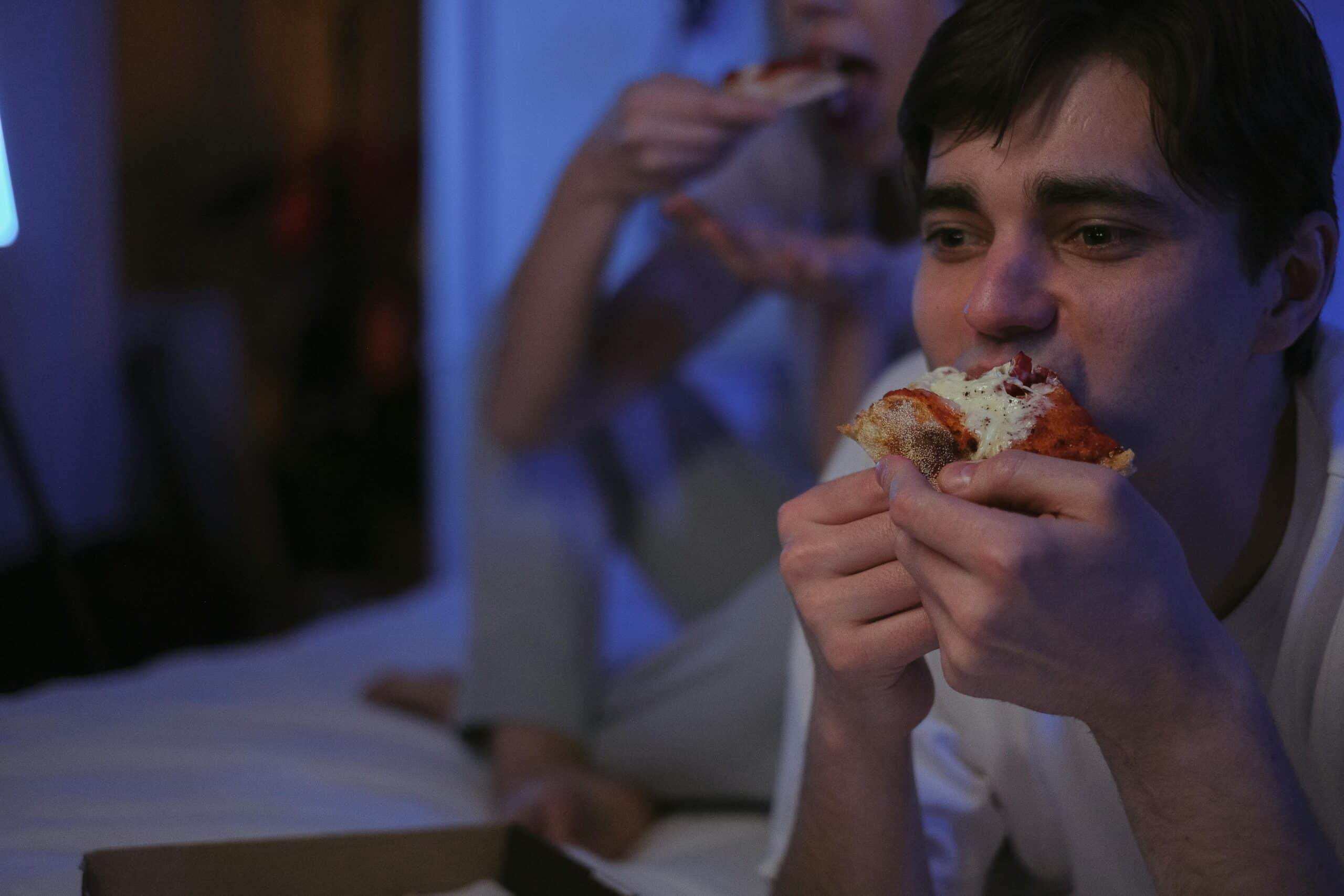
Turns out, your body might just be wired that way. Some people don’t get the same melatonin and leptin boost at night, so their hunger doesn’t shut off when it’s supposed to. Add late-night screen time, artificial lighting, and odd work hours, and it gets even harder for your body to stick to a natural rhythm. So if you find yourself staring into the fridge at midnight, your sleep hormones might be lagging behind.
Your Body Clock
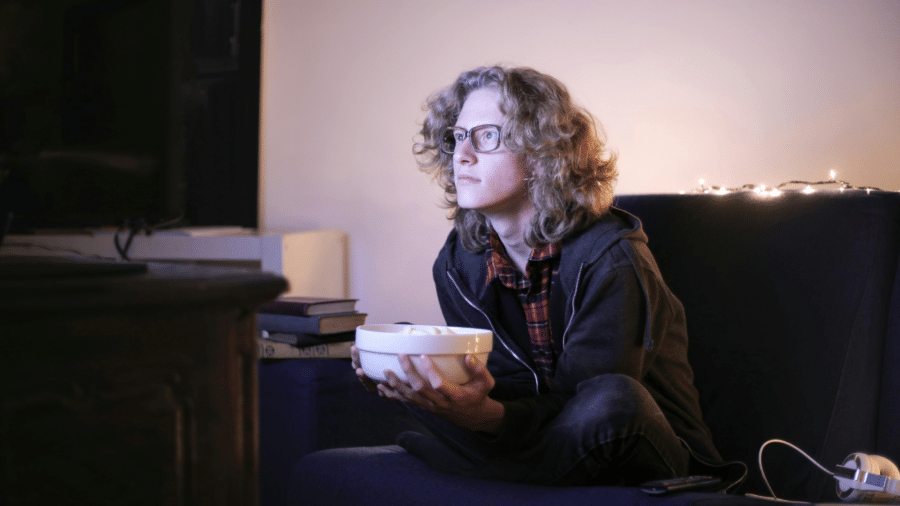
Your internal clock has a lot more to do with cravings than most people think. Around 8 p.m., your brain starts lighting up for snacks—usually the salty or sweet kind. So if you feel like reaching for chips or cookies at night, you’re not making it up. Your body really shifts into a different gear after dark. It also dials down hunger in the morning. That rhythm runs daily, so when it’s out of sync, your cravings might get louder.
Dieting and Blood Sugar Imbalances
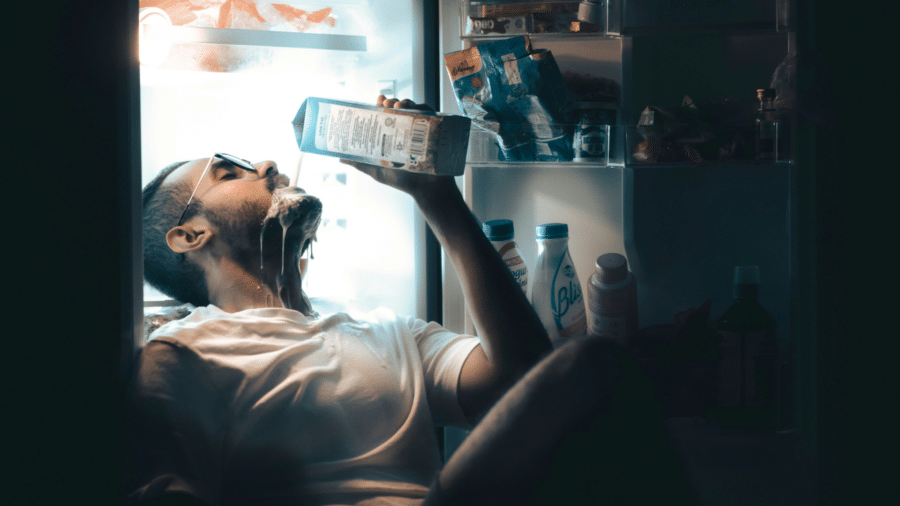
Skipping meals or eating too little during the day can push your blood sugar way down. That dip sends out strong signals, and cravings follow fast. Strict dieting makes it worse. Hunger builds up, and late-night hours often feel like the hardest ones to get through. Willpower usually fades by then. Even small decisions start to feel like big ones. That’s when grabbing a snack feels easier than fighting through it.
Emotional Responses

Sometimes cravings have nothing to do with hunger. Stress, boredom, or feeling low can send you straight to the kitchen. Food becomes a quick fix when emotions feel heavy. Certain snacks even evoke comfort from childhood, making them harder to resist. Your brain chases that dopamine rush. That little hit feels good in the moment. And late at night, it’s easier to believe thoughts like, “You’ve had a long day” or “Just one bite won’t hurt.”
Is it Bad to Eat Late at Night?
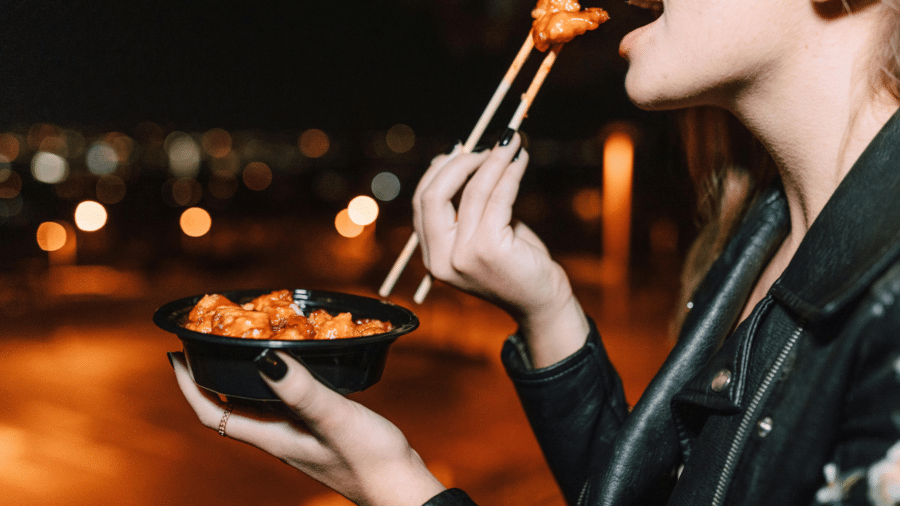
Not always. It really depends on how often it happens and what you reach for. A small snack before bed won’t wreck your whole day, especially if it’s balanced and helps you sleep better. Some people even need that little bite to avoid waking up hungry at 3 a.m. So go ahead and eat if you’re actually hungry. Try to skip the chips and opt for something that helps keep your blood sugar steady throughout the night.
Weight Gain
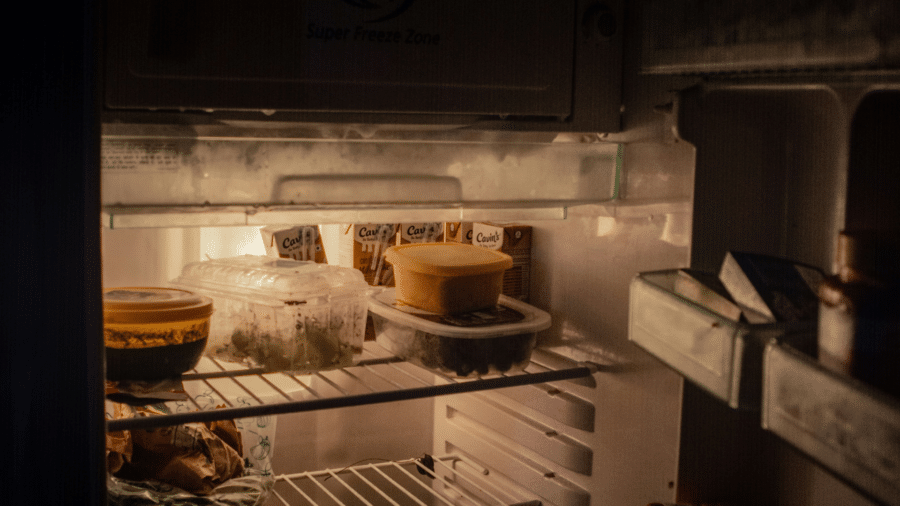
Late-night snacking makes it harder to manage weight, especially when it cuts into your overnight fasting window. A more extended break between dinner and breakfast actually helps your body regulate itself more effectively. So if you’re constantly grabbing snacks at midnight, even if you’re not eating more calories overall, it could still make things harder. You don’t need to be perfect, just more aware of the timing. Try to give your body a more extended break once dinner’s done.
Disrupted Sleep
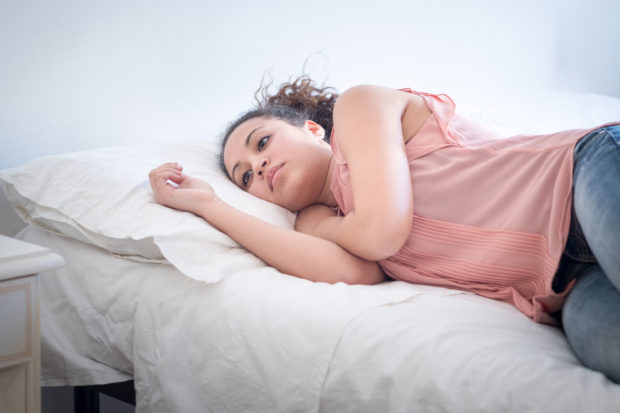
Late-night snacks can make it harder to fall asleep and stay asleep. Heavy meals right before bed keep your body busy digesting when it should be winding down. High-fat foods can also mess with REM sleep, which affects how rested you feel the next day. If you’re tossing and turning more than usual, check how close dinner or snacks are to bedtime. Eating a little earlier can help your body settle in for better rest.
Digestive Issues

Late-night snacks might hit the spot, but they can also hit back. Lying down immediately after eating makes it easier for food to return and cause acid reflux. That burning feeling in your chest? That’s your stomach talking. If your go-to move is heading to bed right after that snack, you’re more likely to feel it. Try giving your body a little time to digest before you lie down. It doesn’t need much—just enough to settle.
Poor Mental Health
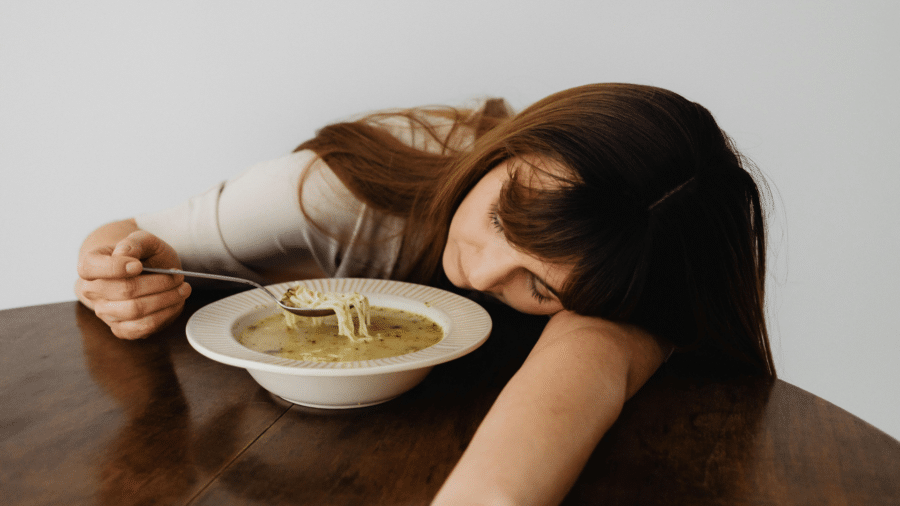
Late-night cravings can mess with more than just your stomach. When you keep promising yourself you won’t snack—then do—it can feel like you’re letting yourself down. That cycle can stir up guilt and stress, especially if it keeps happening. And it doesn’t help that the snacks we reach for tend to be sugary or super processed. Those can affect your mood, too. So it’s not just physical. Your headspace can take a hit when night snacking gets out of hand.
How to Stop Those Cravings
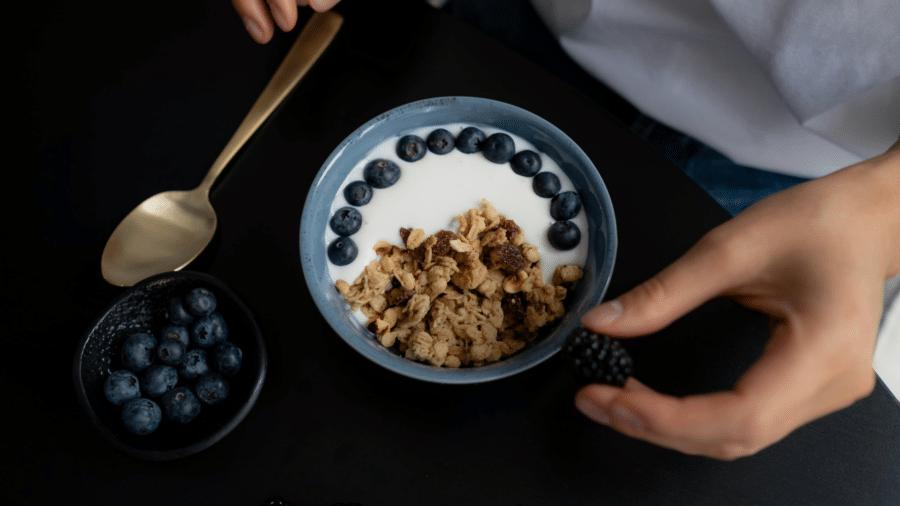
Late-night hunger doesn’t have to win every time. Start by making sure you’re actually eating enough during the day, especially foods with protein and fiber. That makes a big difference later on. Also, don’t keep your favorite snacks in the house. If they’re not within reach, you’ll think twice. Try swapping junky stuff with simple, healthy bites. And if cravings still appear, check in with yourself. Sometimes a cup of tea and a change in routine go a long way.
Keep Nighttime Cravings in Check With Small Changes
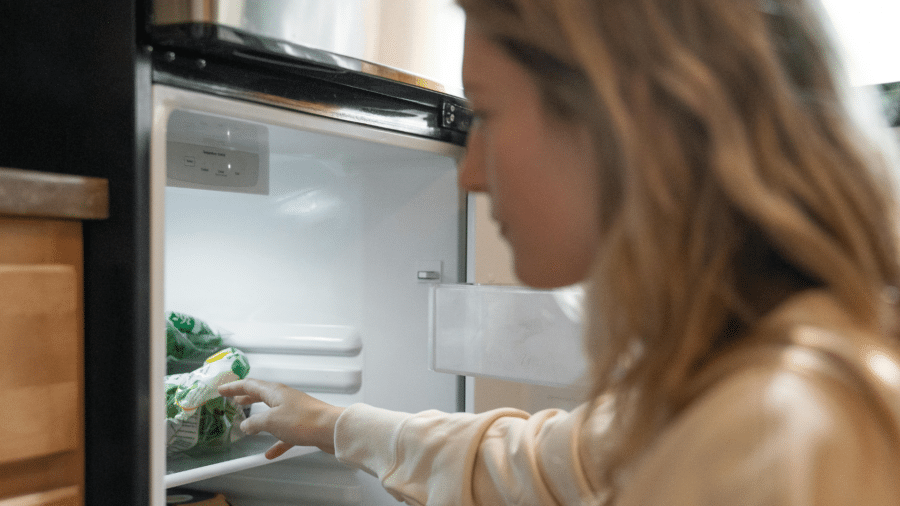
You don’t have to overhaul everything at once. Just pay attention to how you feel, prep your meals when you can, and try not to snack out of habit or stress. Late-night cravings won’t disappear overnight, but they can fade with a bit of consistency. And if you slip up now and then, that’s okay too. What matters is getting back on track and staying kind to yourself through it all.
